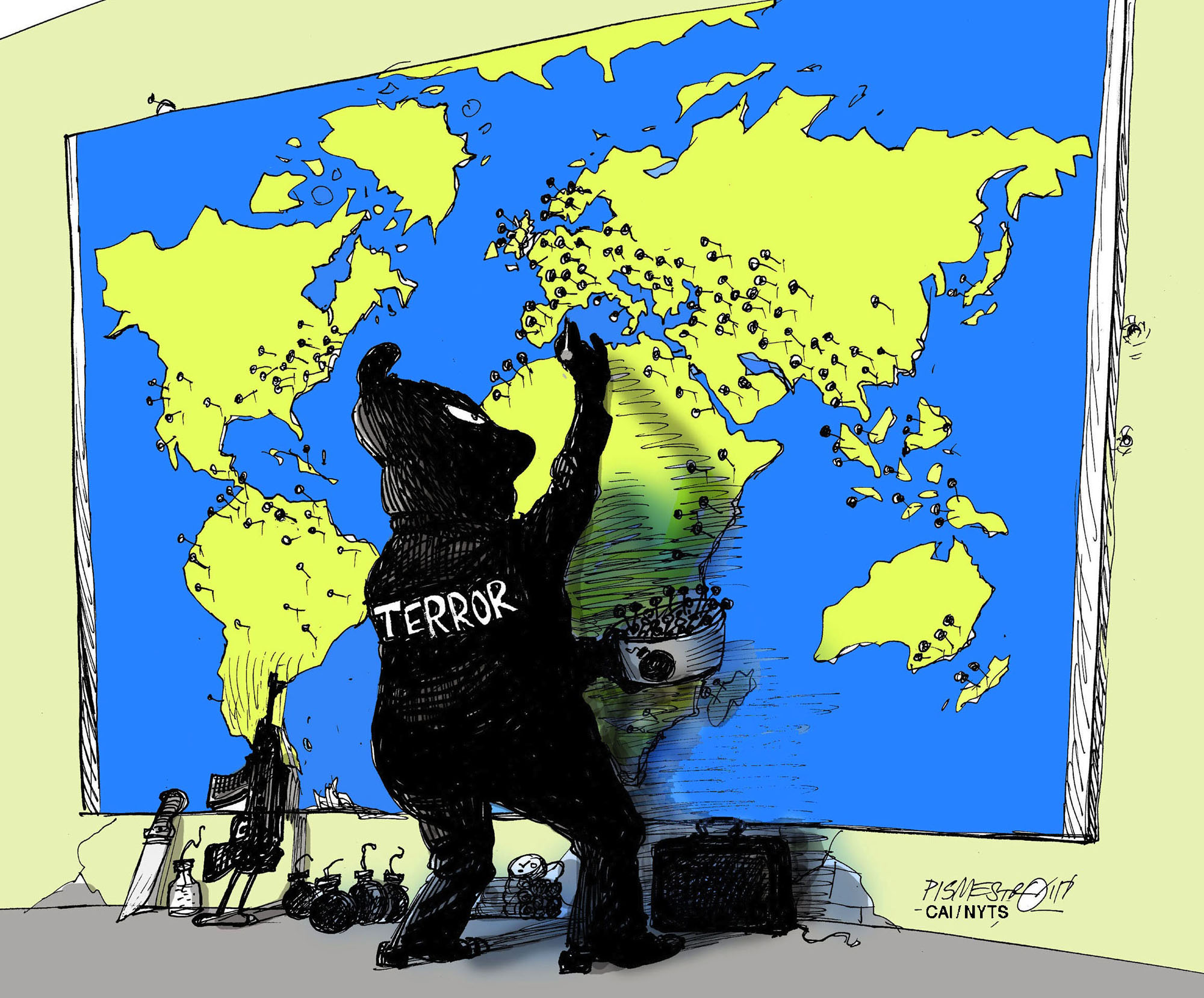Last week, a far-right extremist killed at least 50 people — including a three-year-old child — worshiping at two mosques in the New Zealand city of Christchurch. Neither white supremacy, nor racially motivated terrorist attacks carried out in its name, are new phenomena. Yet the response to far-right terrorism remains thoroughly insufficient.
After the New Zealand massacre, U.S. President Donald Trump dismissed the threat of white nationalism as a case of "a small group of people" with "a very, very serious problem." This fits into a broader trend, in which attacks by perpetrators with Muslim backgrounds are immediately classified as "acts of terror" and addressed in a well-resourced and systemic way, while violent attacks perpetrated in the name of other ideologies are treated as an "isolated incident."
But there is nothing isolated about such incidents. According to the Global Terrorism Index 2018, the death toll from terrorist attacks associated with far-right groups or individuals has been steadily rising since 2014. In the United States, right-wing extremists have carried out far more attacks than Islamists.


















With your current subscription plan you can comment on stories. However, before writing your first comment, please create a display name in the Profile section of your subscriber account page.